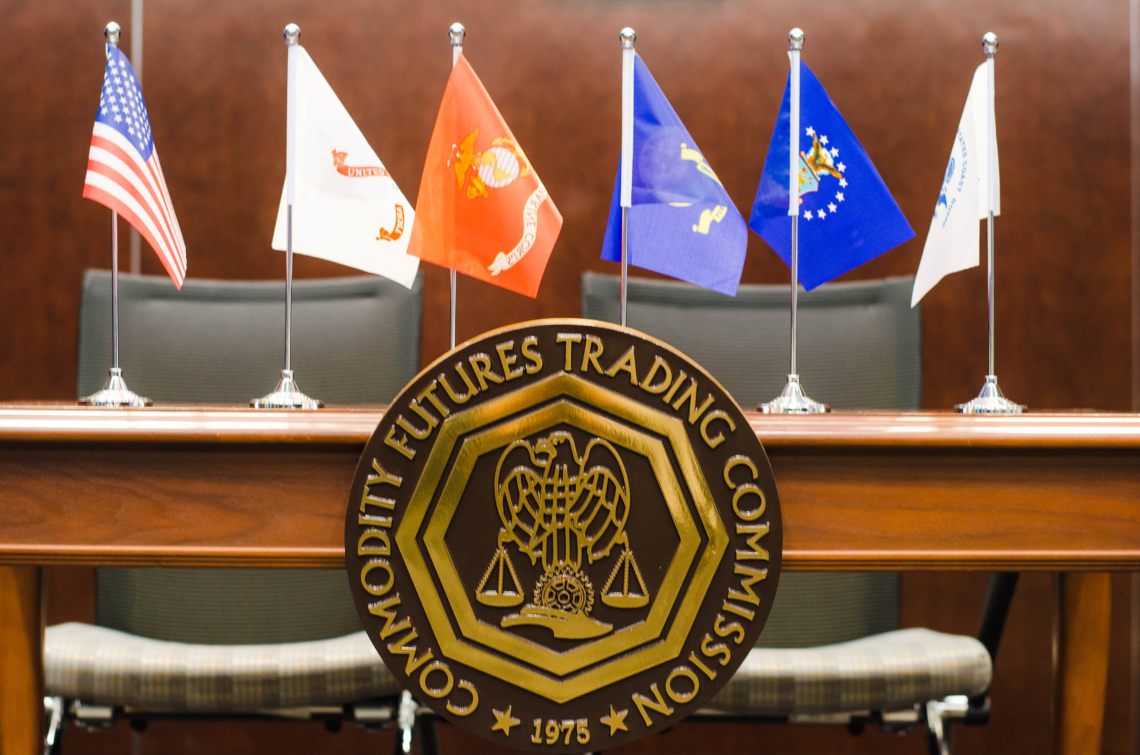The US CFTC (Commodity Futures Trading Commission) has announced a civil action against BitMEX in the US District Court for the Southern District of New York.
According to the allegations, directed against five entities and three individuals who own and operate the well-known crypto trading platform, BitMEX operates on US territory without being registered, and in violation of multiple regulations, including the failure to implement anti-money laundering procedures.
In other words, the platform is accused of operating without proper authorization, and of violating AML laws.
Among those accused are the owners of the company Arthur Hayes, Ben Delo and Samuel Reed.
The accusations of the CFTC against BitMEX
According to the CFTC, they are operating the platform through “a maze of corporate entities”, including HDR Global Trading Limited, 100x Holding Limited, ABS Global Trading Limited, Shine Effort Inc Limited, and HDR Global Services (Bermuda) Limited (BitMEX).
In addition, according to the US government agency BitMEX received more than $11 billion in bitcoin, and received more than $1 billion in commissions, with activities conducted in the US, accepting orders and deposits from US clients.
As a result of this complaint, the New York District Attorney indicted Hayes, Delo and Reed, along with Gregory Dwyer, on federal charges of violating the Bank Secrecy Act. The offence, if confirmed, would be criminal in nature.
The complaint alleges that as of November 2014, BitMEX has been illegally offering leveraged transactions in commodities, futures, options and cryptocurrency swaps, allowing traders to use up to x100 leverage.
In addition, although BitMEX facilitated crypto derivative transactions for an aggregate value of trillions of dollars, it failed to implement the most basic compliance procedures required of financial institutions operating in the US markets.
Thus BitMEX would be operating in the US markets without the necessary CFTC approval, i.e. without being registered with the agency, and would not have implemented the key safeguards required by the CEA and CFTC regulations to protect US derivatives markets and market participants.
The Chairman of the CFTC, Heath P. Tarbert, said:
“Digital assets hold great promise for our derivatives markets and for our economy. For the United States to be a global leader in this space, it is imperative that we root out illegal activity like that alleged in this case. New and innovative financial products can flourish only if there is market integrity. We can’t allow bad actors that break the law to gain an advantage over exchanges that are doing the right thing by complying with our rules”.
The Director of Enforcement, James McDonald, added:
“As the CFTC has made clear, registration requirements are a cornerstone of the regulatory framework that protects Americans and U.S. financial markets. Effective anti-money laundering procedures are among the fundamental requirements of intermediaries in the derivatives markets, whether in traditional products or in the growing digital asset market. This action shows the CFTC will continue to work vigilantly to protect the integrity of these markets”.




